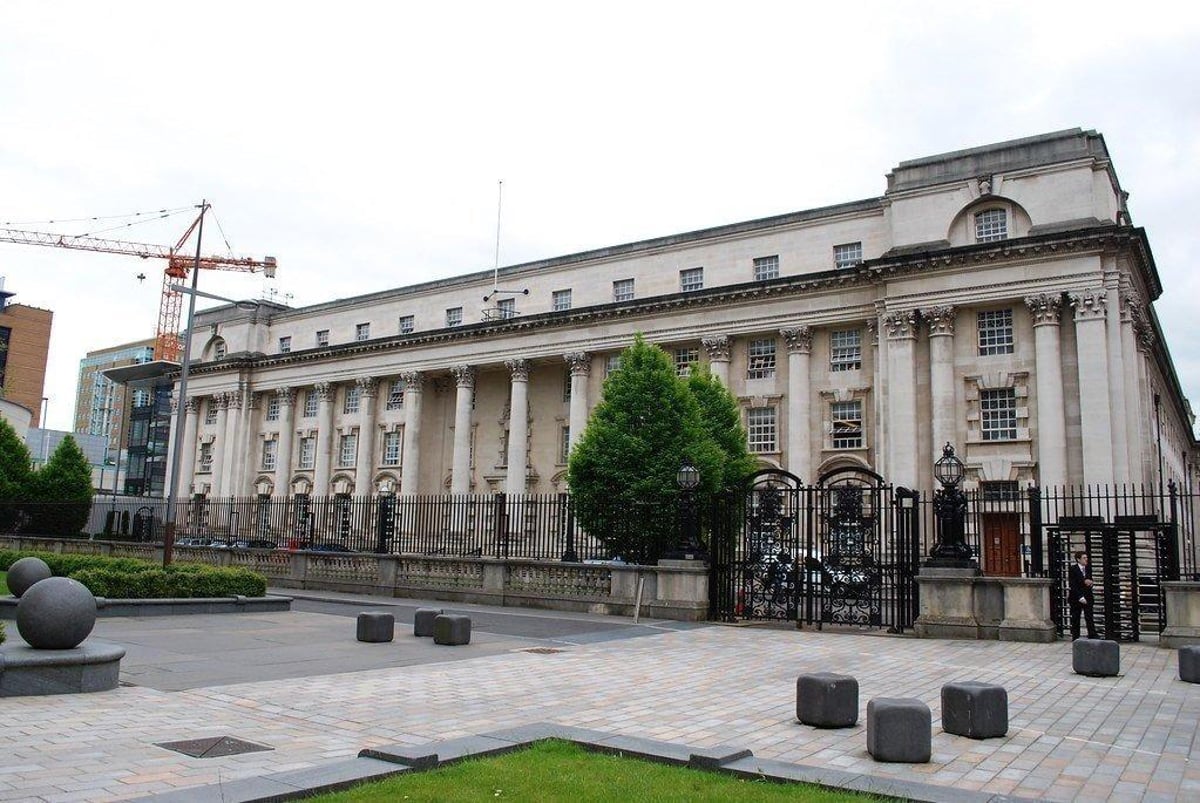By Alan Erwin
Copyright newsletter

Senior judges identified no breach of legal duties to investigate complaints about the smell or to set limits on emissions at the now closed Mullaghglass facilities near Lisburn. Further claims that a local resident who brought the challenge suffered a violation of her human rights were also rejected. Lady Chief Justice Dame Siobhan Keegan said: “We understand the frustration of this appellant and others when unpleasant odours in the urban environment from landfill affects their lives and the lives of their children. “However, within the context of judicial review… the appellant cannot maintain a case against the respondents to this claim.” Noeleen McAleenon issued proceedings against Lisburn and Castlereagh City Council (LCCC), the Northern Ireland Environment Agency (NIEA) and Department of Agriculture Environment and Rural Affairs (DAERA) back in May 2021. The grandmother blamed “rotten egg” smells coming from the site since it opened in 2006 for her suffering headaches, a runny nose, watering eyes, nausea and deteriorating mental health. The stench forced her to either remain indoors or else stay elsewhere to get some respite, she stated. Lawyers for Ms McAleenon argued that the Council breached its statutory duty to properly investigate complaints about nuisance odours. They further alleged failures by NIEA and DAERA by failing to identify a level of exposure to hydrogen sulphide that could pose a risk. In 2022 the High Court dismissed the judicial review after finding LCCC had carried out an investigation which reached rational conclusions about the site. A judge also pointed out that no landfill site in the United Kingdom operates with set hydrogen sulphide emission requirements. It was previously disclosed that more than 1,000 complaints about the odour were received from 423 individuals between September 2020 and November 2021. With the landfill facilities now shut down, Ms McAleenon has since moved from the area but pursued an appeal which reached the Supreme Court in London. Ultimately the case was sent back to the Court of Appeal for a determination on the main legal issues. Backing the original findings, Dame Siobhan said the Council had a discretion in how it discharged its investigative duties. “It does not mean that all possible steps must be taken, only those that are reasonable,” she added. A central ground of challenge against the NIEA and DAERA related to any responsibilities under pollution prevention regulations to engage with standards and guidance adopted in England about lifetime exposure to hydrogen sulphide. But Dame Siobhan found there had been thorough engagement with the approach taken in other regions and a fulfilment of environmental duties. “It is not for this court to proscribe standards that the authority must accept,” she added. In any event, the evidence in this case is comprehensive, assessing the effects of short-term, medium-term, and long-term exposure to hydrogen sulphide in the subject area.” Rejecting further claims about a breach of Ms McAleenon’s Article 8 rights to private and family life, the Lady Chief Justice confirmed: “We find that the latitude accorded to public authorities to regulate dangerous activities has not been exceeded.”



